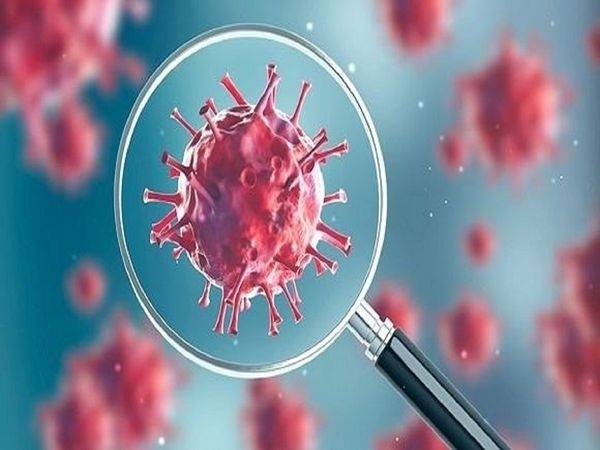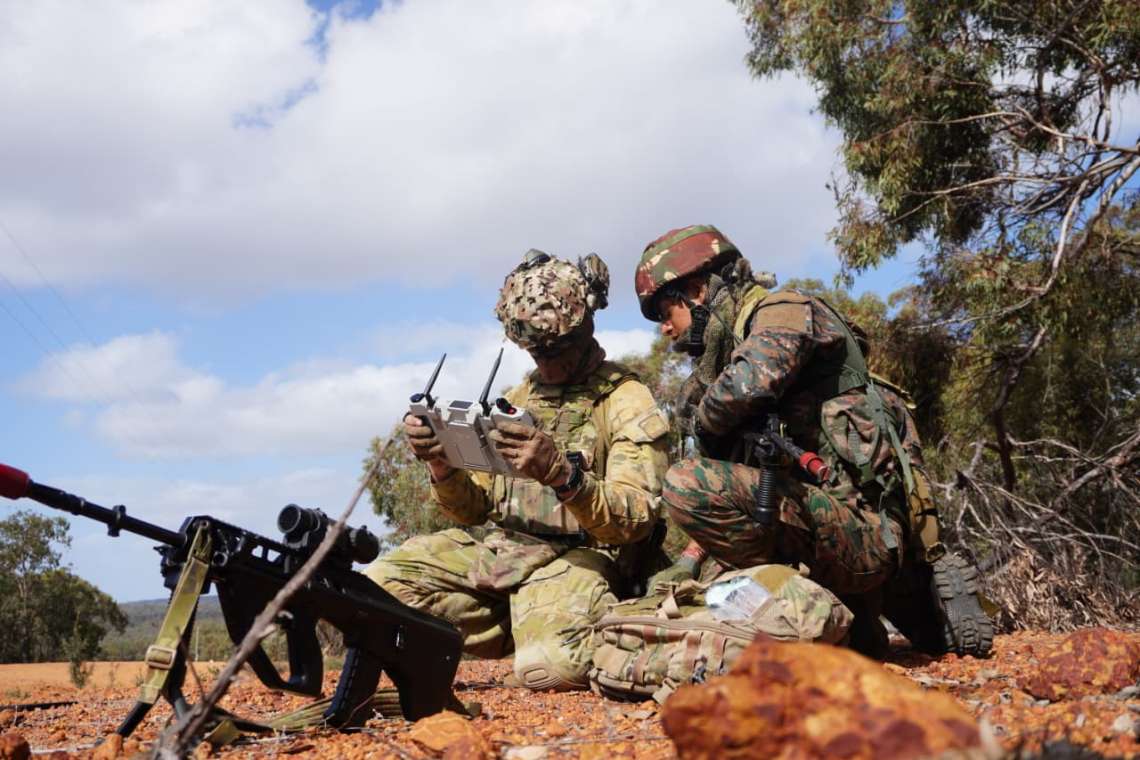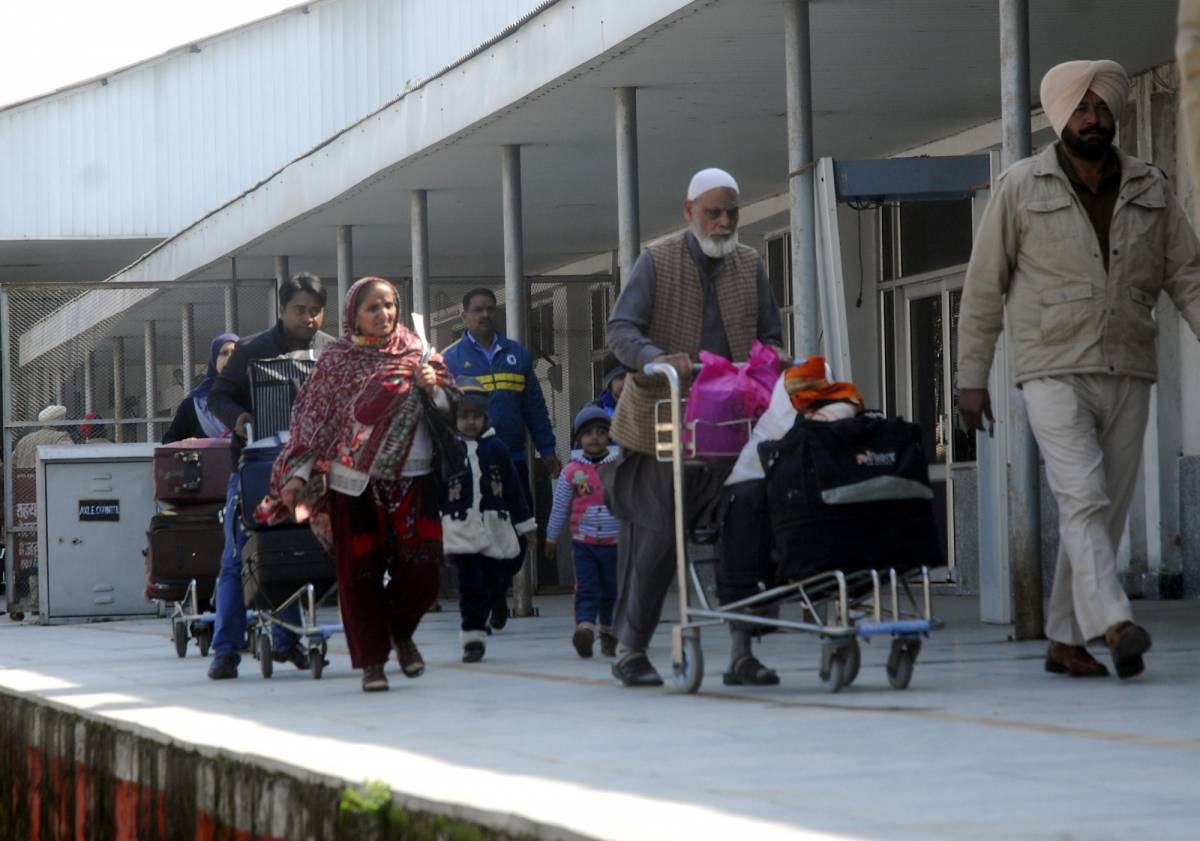The Saudi Arabian Health Ministry on Wednesday reported the first cases of the new Omicron variant of Covid-19…reports Asian Lite News
It was detected in a person who arrived from Africa. The person has now been quarantined, the Saudi Press Agency reported.
“A case of the Omicron variant was detected in the Kingdom of Saudi Arabia for a citizen arriving back from a North African country,” the SPA quoted an official source at the Ministry of Health.

It added that an epidemiological investigation has started and the case was sent to quarantine, where accredited health procedures were followed.
The report said that the country is investigating and dealing with the epidemiological conditions of Covid-19 and its variants in a permanent manner, which includes monitoring border crossings.
The new variant B.1.1.529, with more than 30 mutations, was first detected in Botswana, and South Africa last month. South African health officials alerted the world on November 24 about the existence of the new variant. Two days later, the World Health Organisation (WHO) assigned the Greek letter Omicron to the variant and said the new strain may pose a higher risk of reinfection than past mutations of the virus.
Omicron has now spread to about 20 other countries and raises concern that it could be more transmissible than other variants of the coronavirus.
Several countries, including the US, Canada, the UK and the European Union and Japan announced almost immediate travel bans from South Africa and other southern African nations.
ALSO READ: Omicron patients show extreme tiredness, no major oxygen drop
Brazil, Saudi Arabia, Japan, France, and Italy have also confirmed cases of the new variant as countries around the world scrambled to close their doors, and scientists raced to test existing drugs against it.
While it remains unclear whether the Omicron strain makes people more severely ill than the already-well-known variants, the WHO has warned that the global risk it poses is “very high” based on early evidence.














